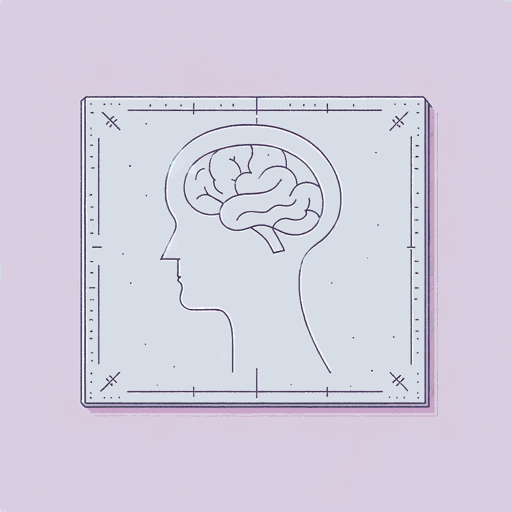42 pages • 1 hour read
John Locke, C. B. Macpherson, ed.Second Treatise of Government
Nonfiction | Essay / Speech | Adult | Published in 1689A modern alternative to SparkNotes and CliffsNotes, SuperSummary offers high-quality Study Guides with detailed chapter summaries and analysis of major themes, characters, and more.
Key Figures
John Locke
John Locke (1632-1704) was a prominent Enlightenment thinker and political theorist. His ideas were influential in his own time and became wildly more so a hundred years later, when they helped foment the American Revolution after being adopted by the Founding Fathers.
Locke built on ideas that had come before him—such as the state of nature, the state of war, property rights, and a theory of the mind—and constructed a philosophy of political thought centered around the notion of a dual independence/dependence that human beings share with each other. His conceptions of personal freedom wedded with a belief in a citizen’s obligation to their community and their government altered the framework of many Western countries, such as the United States, Great Britain, and France, to name a few.
Despite what some may assume, Locke wasn’t necessarily a proponent of democracy but of any system of government that could ensure basic rights and protections for the people. One of his most groundbreaking viewpoints was that citizens do indeed have an obligation and responsibility to their government, but that they also have a right to their own lives, and if they feel their government is threatening that right, they are justified in deposing that government and raising a new one in its place.
Related Titles
By these authors



